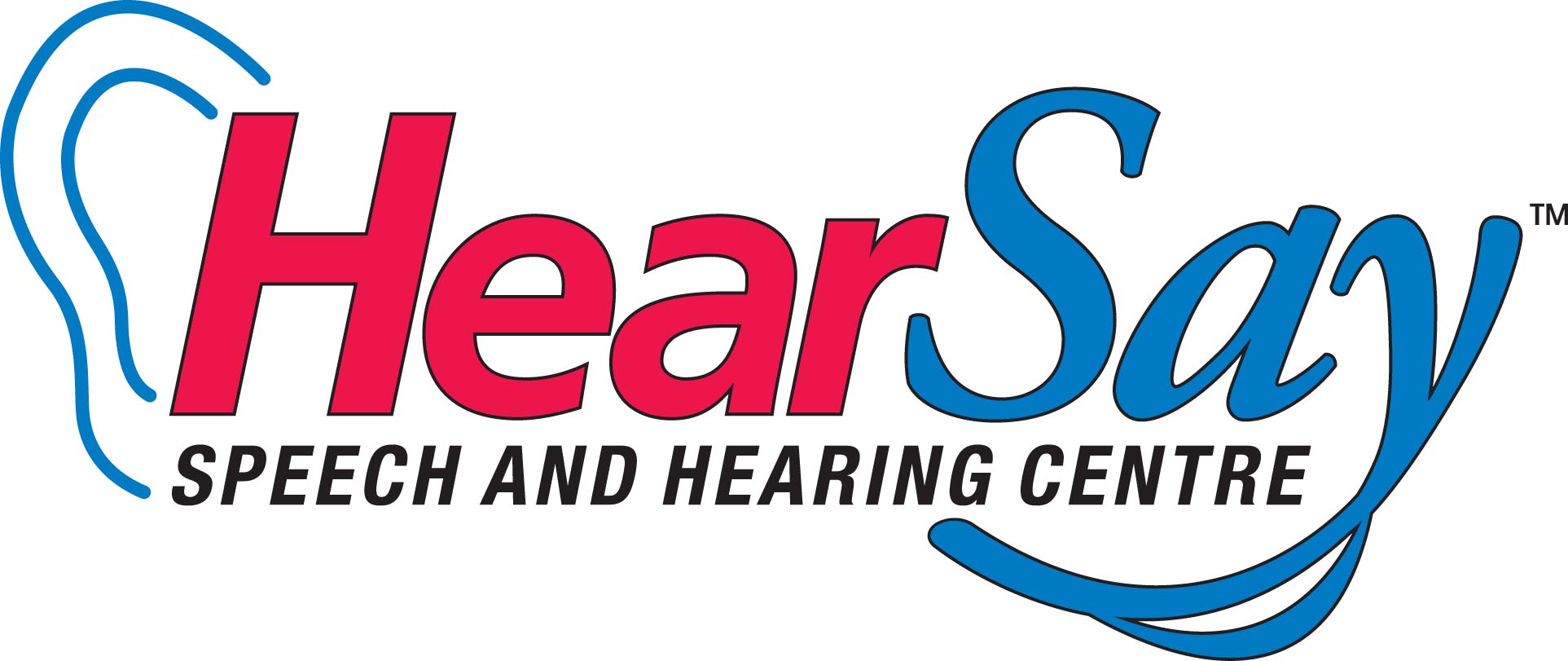
Why Do We Develop Speech and Language Issues?
1 in 10 individuals will experience a speech and/or language delay. The physical system that controls speech is very intricate, therefore, speech issues can arise from a variety of factors. Some examples include:
- Words are difficult to understand, which may be due to the struggle to produce speech sounds correctly. This suggests that there may be a problem with the movements and shapes of the mouth needed to produce accurate sounds.
- Flow of speech is interrupted (i.e. stuttering, repetition of words/syllables, long pauses, or struggling to get words out while speaking), there could be problems with the fluency component of their speech.
- Not speaking at all could be due to the struggle to learn how to produce speech sounds, or the struggle to understand and use language. A Speech-Language Pathologist can determine the root cause and develop a treatment plan.
Development diagnoses, such as Childhood Apraxia of Speech, Autism Spectrum Disorder, Down Syndrome, and Cerebral Palsy, can also affect the ability to speak and acquire language. Speech and language issues can also stem from traumatic brain injuries, strokes, or disorders of the nervous system, such as Parkinson’s Disease and ALS. While these communication issues can range from mild to severe, they all have potential to improve with speech therapy and language intervention.
Factors Associated With Speech And Language Concerns
- Poor articulation or pronunciation
- Motor speech difficulties (i.e. apraxia, dysarthria)
- Stuttering or repetition of words and syllables
- Long pauses in speech or difficulty getting out words
- Voice and resonance issues (i.e. vocal fatigue, hoarse voice, throat tension, vocal nodules/polyps, cleft lip/palate)
- Hearing loss
- Difficulty socializing and expressing themselves
- Isolation due to anxiety over speech
Improving Speech Sound Production
Speech Development Checklist
Speech & Language Development Milestones
When Should You Seek Help?
If you have concerns about your family member’s speech and language skills, one of our Registered Speech-Language Pathologists (SLP) can conduct an assessment to determine specific areas of difficulty and develop a treatment plan. The Speech-Language Pathologist will set goals for progress, and one of our Speech-Language Pathologists or Communicative Disorders Assistants (CDA) can conduct therapy sessions and improve communication skills.
HearSay’s Speech-Language Pathologists and Communicative Disorders Assistants are trained in a wide variety of strategies to help our clients overcome speech, language and communication barriers. Whether the struggle is the pronunciation of words or stuttering, a Speech-Language Pathologist or Communicative Disorders Assistant can help improve their communication.
